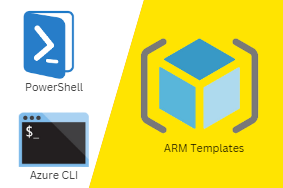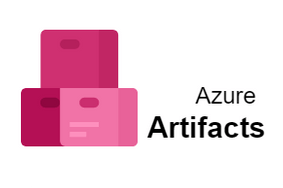Google Cloud Platform offers plenty of services, some of which you may have never heard of. Whether it’s been awhile since you’ve signed up with Google or you’re just joining their ecosystem, here are four cloud services you’ll likely find useful in the near future and why they’re valuable to have on your team.
Storage
Google Cloud Storage is an incredibly affordable and powerful service. With storage available in 5 different regional options and 7 levels of redundancy to choose from, you’re given more than enough control over your data to ensure it’s safe. And, with high speed data transfer rates and (almost) unlimited storage, you won’t have to worry about missing a beat when it comes to productivity. This is Google we’re talking about—there are rarely ever any limits on what they offer, or how they can help you get things done.
Compute Engine
Google’s Compute Engine offers an easy-to-use, managed computing platform that lets you run your software on Google’s infrastructure. It can be used to solve a variety of problems, from storage and hosting to computation. And because it’s cloud-based, it’s easier than ever to provision resources on demand, allowing for flexibility in scale. For example, if your business grows over time or you have fluctuating levels of traffic or users, your compute requirements can easily grow and shrink with you.
Big Query
Google BigQuery is a web service that enables interactive analysis of massively large datasets working in conjunction with Google Storage and Dataflow. The service makes it easy to analyze data stored anywhere, at any scale, using SQL. The platform has always been tightly integrated with Google Analytics (unsurprisingly), meaning you can use BigQuery to quickly gain insights from your website or mobile app’s data without ever touching it directly. So if you’re looking for a way to consolidate all of your customer information in one place and dig through it quickly and easily, Google BigQuery is a great choice.
Container Registry
There are two ways to use a container registry. First, you can upload an image to a registry, so that other users can pull it down and run it in their own containers. Second, you can create your own image on your local machine and then push it up to a registry for safekeeping and distribution. For example, you might have an instance of MySQL running on one of your machines. Then, when you set up a new machine (for example, running Docker Machine), instead of building from scratch, you could just pull down that MySQL image from Docker Hub. Container Registry is Google’s solution for container registries; it runs in Compute Engine as well as Kubernetes Engine clusters.
App Engine
If you’re a developer, Google App Engine (GAE) is an amazing free way to host your website or API. I recently rebuilt Zapier’s API on GAE, and it was super easy. Setting up GAE requires a little bit of coding experience—but not much! With all of your code hosted for free in Google’s data centers, you don’t have to worry about scaling issues when your business grows; GAE handles it for you. The platform offers a rich suite of services that range from simple email to advanced machine learning and natural language processing (NLP). It also supports hosting mobile apps with native-like performance.
Functions as a Service (FaaS)
If you’re doing a lot of things with data—from machine learning to creating and deploying Web apps—functions as a service (FaaS) tools can help you build quickly and easily. They’re an especially good choice if your organization is just beginning to dip its toes into cloud computing, or if it wants to maximize existing resources by reusing code. There are FaaS services for nearly any language, including some that allow you to program in JavaScript, Python, Java, C# and Ruby. Not every FaaS works exactly like every other one; learn how they work and what they can do before choosing one.
Internet of Things (IoT) Core
IoT Core is a fully managed service that allows you to connect, manage, and ingest data from millions of globally dispersed devices. This service enables real-time visibility into your IoT deployments so you can collect valuable insights. With our unified billing and scale-based pricing model, you only pay for what you use—there are no minimum fees or up-front commitments.
Firebase
Manage your application data easily with Firebase. It’s a platform for storing and managing content, users, and sessions in real-time without having to worry about scalability issues. With their Platform API, you can scale very large applications, such as Twitter and Vine apps. Their Analytics API lets you get real-time information about how your app is being used so that you can modify it to meet user needs; for example, you could set up automated email notifications to be sent when key events happen, such as a new user signing up or a request coming in. Firebase also integrates with Google AdMob ads so that you can earn money from mobile app installs while focusing on development.



0 Comments